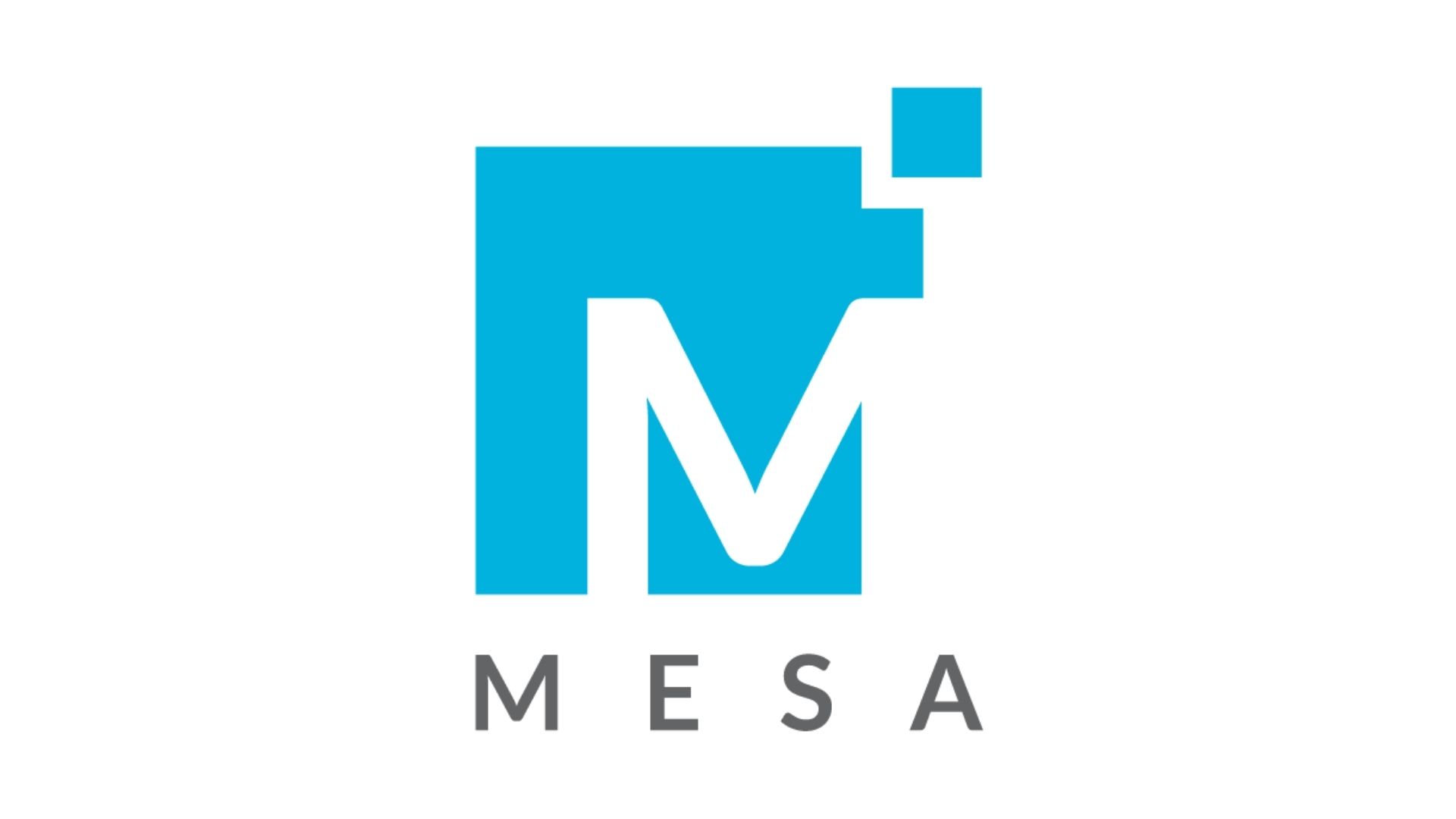- Website
- https://mesamalaria.org/
MESA is dedicated to gathering and sharing knowledge to inform decisions responding to the needs of malaria-endemic countries. MESA was born out of a systematic review of malaria science priorities and challenges by a broad range of stakeholders and leading researchers, who collaboratively produced the first Malaria Eradication Research Agenda (malERA) in 2011.
MESA's objectives and activities are aligned with Roll Back Malaria's Global Malaria Action Plan strategy to research new tools and approaches to support global control and elimination efforts. With the community, MESA monitors progress and takes the next steps to advance the science of malaria eradication. MESA reviews existing evidence and supports projects on research questions critical to malaria eradication.
MESA fulfils four key functions:
1. Ideas incubator
Meaning ‘table', MESA provides the space for the multidisciplinary community to:
- Examine the state of the art in malaria research.
- Showcase new evidence and emerging data at a scientific meeting and expand access to these findings via the MESA Correspondents programme.
- Debate new challenges and generate new ideas.
- Conceptualise research activities including projects, studentships and evidence reviews.
2. Knowledge management
Vital questions for advancing malaria research include "what do we know?" and "what don't we know?" MESA provides knowledge management processes to tackle these questions, through:
- Systematic review of existing information on the effectiveness of interventions and approaches for malaria elimination.
- Quality assessment of the evidence.
- Partnering with the WHO GMP to access information.
- Disseminating the findings and building the evidence base.
3. Catalysing research
MESA endorses and supports research testing novel ideas as well as research using existing tools differently, through:
- Support to projects through competitive grants.
- Endorsement of projects for other funding streams.
- Support to studentships through competitive awards.
4. Monitoring progress
MESA tracks progress and feeds back to the community, through:
- Tracking investment levels and trends in R&D.
- Updating the malaria R&D agenda.
- Reporting on progress.
MESA functions are cyclical; examining evidence, identifying gaps and new priorities leading to new projects and the continual development of the malaria research agenda.
The MESA Steering Committee, chaired by Pedro Alonso, governs MESA and the MESA Strategic Advisory Council provides overall guidance. The MESA Secretariat is hosted by ISGlobal (Barcelona Institute of Global Health), Nana Aba Williams is the MESA Project Manager. For further information please contact the MESA Secretariat at mesa@isglobal.org
MESA Research Portfolio
In 2012, MESA set up a process to identify and select research projects which advance the science of malaria eradication. Following a call for proposals in two thematic areas: 'Measurement of transmission' and 'Health systems' readiness', project proposals were appraised by independent peer review panels. Three projects in each theme were selected for financial support by MESA and one proposal was endorsed for support through other funding streams. Research activities in the six projects span Africa, Asia, Latin America and Australasia and are relevant to both P. falciparum and P. vivax malaria. See the process schematic and project summaries here .
- New tools for vector control and diagnosis
- Use of mapping technologies for surveillance and tailored response
- Mobile applications for populations living in areas with poor access
Malaria Policy Advisory Committee to the WHO
- recommendations for achieving universal coverage of long-lasting insecticide-treated nets
- guidance on estimating the longevity of insecticide-treated nets
- improving capacity in entomology and vector control
- a review of the latest evidence on intermittent preventive treatment in pregnancy
- updates on the development of the global technical strategy for malaria control and elimination (2016–2025) and the global strategy for control and elimination of Plasmodium vivax
- and much more.
Other information
Minutes of MESA's kick off meeting (Sitges, Spain, 28-29 May 2012)
Follow MESA on twitter: @MESAmalaria




